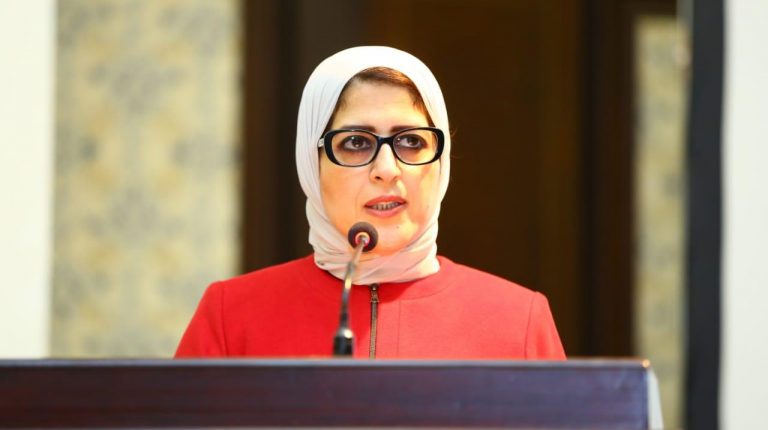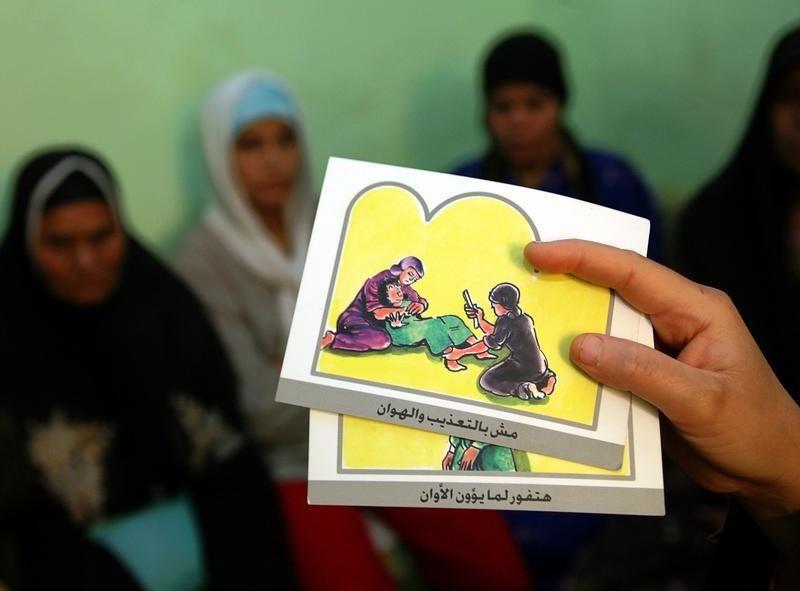A new initiative will take place as an attempt to combat Female Genital Mutilation (FGM) in Egypt on the International Day of Zero Tolerance for FGM, on February 6th. Hala Abu Zayed, Minister of Health and Population, revealed to the press that Egypt will be launching, again, a new campaign to fight FGM nationwide.
FGM is a practice that is concentrated not just in Egypt but in 30 other African countries, the Middle East, and other East Asian countries. Despite all the efforts made to abolish it, millions of girls who are between the age of 5-17 are sadly living through the trauma caused by this violent act.

Over the years, Egypt has witnessed many efforts led by the Ministry of Health and Population, as well as the National Council for Population to address the misconceptions and to enhance a positive social change. In 2008, the first Criminal Law was issued, considering FGM practice as an illegal act; it was a total breakthrough.
This was followed by the 2016 law which was another step in the right direction when the parliament voted on harshening the sentence for practicing FGM. The law was changed to the sentencing from five to seven years instead of three months to two years imprisonment! These efforts actually yielded some encouraging results which were shown in the decreasing number of girls who had gone through such an experience.

The positive progress in the perceptions and attitudes about FGM has proven to be widely successful, especially in Lower Egypt, as families are now more aware of the consequences. These awareness campaigns contributed to the reduction of the percentage of women and men who believed that FGM is a religious duty that they need to perform on their daughters.
According to UNICEF, the percentage of those who believed that FGM prevents adultery dropped from 54.2% to 46.3% in 2014. Additionally, the percentage of women who believed that FGM exposes their daughters to high risks that lead to death increased from 32.4% to 53.6% from 2005 to 2014.

Combating the practice of FGM is a very critical issue that needs governmental entities, as well as civil society to enforce the laws and policies to protect these girls’ rights! FGM is religiously prohibited as in Islam the mutilation to the body is not allowed. The process actually harms the most sensitive organ in the female body.



